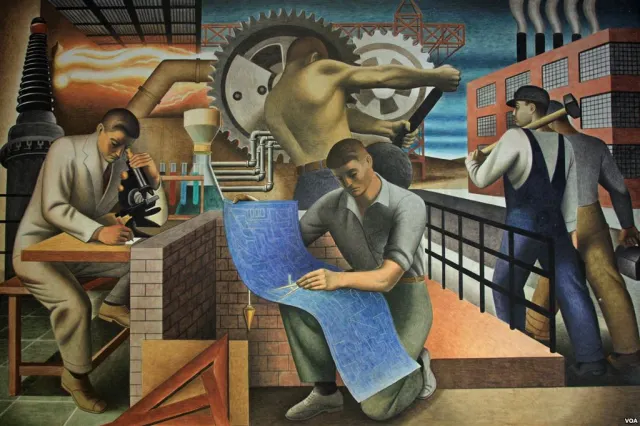When China's tinderbox economy implodes, who will be left to bid up the world's surplus commodities and real estate?
After 30 years of torrid expansion, perhaps the single most consequential factor in China’s economy is how much of it is a “black box”: a system with visible inputs and outputs whose internal workings are opaque.
There are number of reasons for this lack of transparency:
1. Official statistics reflect what officials want to project, not the unfiltered data.
2. Policy decisions are made behind closed doors by a handful of leaders.
3. There is little institutional history of transparency.
4. Many important statistics are self-reported and prone to distortion.
5. Large sectors of the economy are informal and difficult if not impossible to measure accurately.
6. Endemic corruption distorts critical economic yardsticks.
7. There is little historical precedent to guide policy makers and individual investors.
Saudi Arabia will start running into trouble within two years or face draconian austerity. Social spending is the glue that binds a medieval Wahhabi regime midst unrest among the Shia minority, attacks from ISIS, and the invasion of Yemen. Diplomatic spending is what underpins the Saudi sphere of influence in a Middle East version of Europe's Thirty Year War.

China's July exports slump 8%, raises pressure for more stimulus
Chinese exports tumbled 8.3 percent in July, their biggest drop in four months and far worse than expected, reinforcing expectations that Beijing will be forced to roll out more stimulus to support the world's second-largest economy.
Imports also fell heavily from a year earlier, in line with market forecasts but suggesting domestic demand might be too feeble to offset the weaker global demand for China's exports.
Brasilia: Allies of Brazilian President Dilma Rousseff have turned to her opponents to talk about filling what they see as a damaging leadership vacuum after losing confidence in her ability to pull the country out of an economic tailspin, party insiders said on Thursday.
Brazil's worst economic downturn in 25 years has undercut confidence in Ms Rousseff's leadership and raised the spectre of her impeachment just six months into her second term.
Shale Gas Reality Check
In October 2014, Post Carbon Institute published the results of what likely remains the most thorough independent analysis of U.S. shale gas and tight oil production ever conducted. The process of drilling for shale gas and tight oil is known colloquially as “fracking” and has drawn a great deal of controversy—considered by some as an energy revolution and others as an environmental and human health catastrophe.
Top Weekly Ideas and Insights



